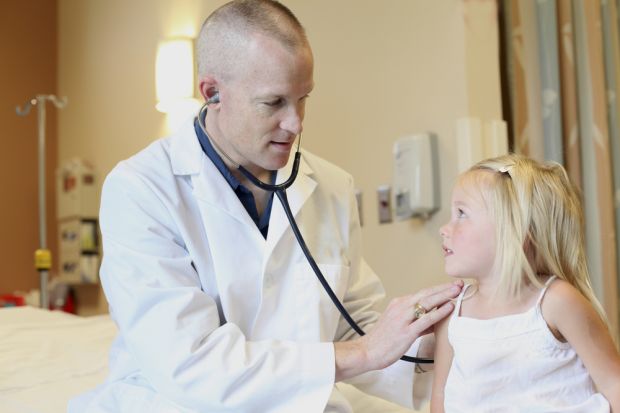Trainee doctors obtain no educational advantage by working for more than 24 hours at a stretch but their instructors say relatively fleeting 16-hour shifts leave them ill-equipped for the real world.
A US study has revealed starkly divided opinions about the extraordinarily long work sessions endured by many medical trainees, with interns bitterly opposed to them but their supervisors fiercely supportive.
The study, published in the New England Journal of Medicine, explored a long-standing debate about medical training in the country. Rules governing interns have reduced shifts from up to 36 hours at the turn of the century to 16 hours under current regulations, according to the University of Pennsylvania, which participated in the study.
The crackdown was driven by concerns about exhausted trainees making life-threatening mistakes. But training directors complained that the move would endanger patients by forcing more frequent handovers between the medical staff caring for them.
The softer shifts would also leave would-be doctors unprepared for a lifetime of working under pressure with little sleep, supervisors warned.
Lead author Sanjay Desai, of Johns Hopkins University in Baltimore, said the issue had never been analysed empirically. His team has addressed this through a year-long study involving almost 1,800 interns at about 60 large US training hospitals.
The training programmes were randomly split into “limited-hour” and “flexible-hour” groups. The former restricted interns to shifts of 16 hours at the most, and no more than 80 hours’ work a week – in line with “standard” rules introduced in 2011 – while the latter imposed the weekly maximum.
The team found that shift length made little difference to performance in a national exam for second-year interns, with both groups averaging scores of about 69 per cent. A detailed analysis of the daily routines of 80 of the interns found that both groups spent the same proportion of their time on education and direct patient care.
The team is still crunching data on the patients’ clinical outcomes and the interns’ sleep patterns and alertness. But in a survey at the end of the 12-month study period, interns in the flexible-hour programmes proved more than twice as likely to report concerns about patient safety.
They were also up to six times as likely to describe negative impacts on their health, morale, job satisfaction and time with family and friends, and they reported more obstacles to participating in research, attending conferences and acquiring “clinical reasoning skills”.
Conversely, directors of the limited-hour programmes were up to 20 times as likely to report frustration with the opportunities for real-time feedback and bedside teaching of the interns. The researchers said that while both viewpoints were valid, supervisors needed to take note of the burdens that long shifts placed on interns’ personal lives.
“The residents are telling us something and programme directors should listen carefully,” said principal investigator David Asch. “Educating young physicians is critically important to health care, but it isn’t the only thing that matters.”
Register to continue
Why register?
- Registration is free and only takes a moment
- Once registered, you can read 3 articles a month
- Sign up for our newsletter
Subscribe
Or subscribe for unlimited access to:
- Unlimited access to news, views, insights & reviews
- Digital editions
- Digital access to THE’s university and college rankings analysis
Already registered or a current subscriber? Login






